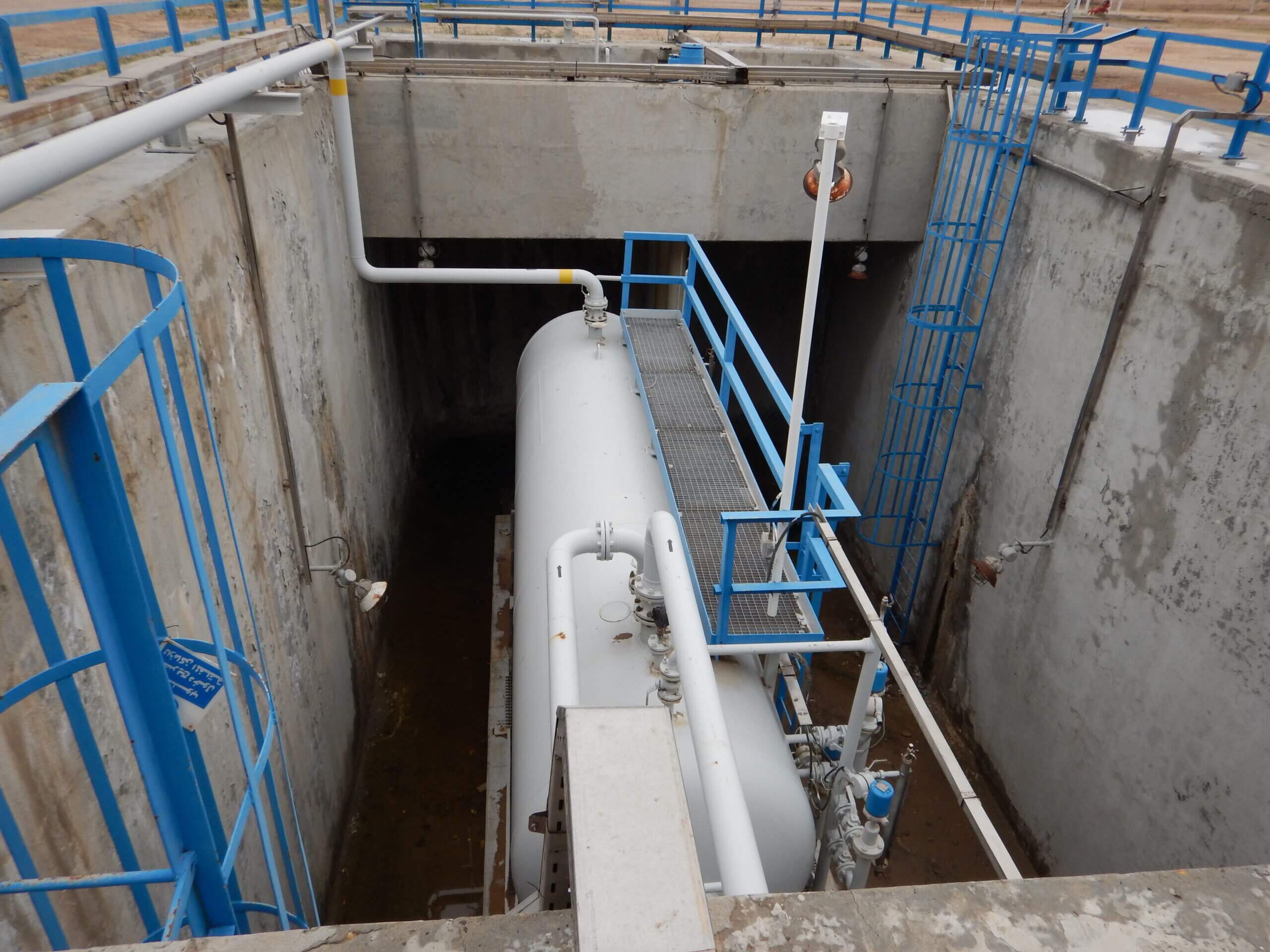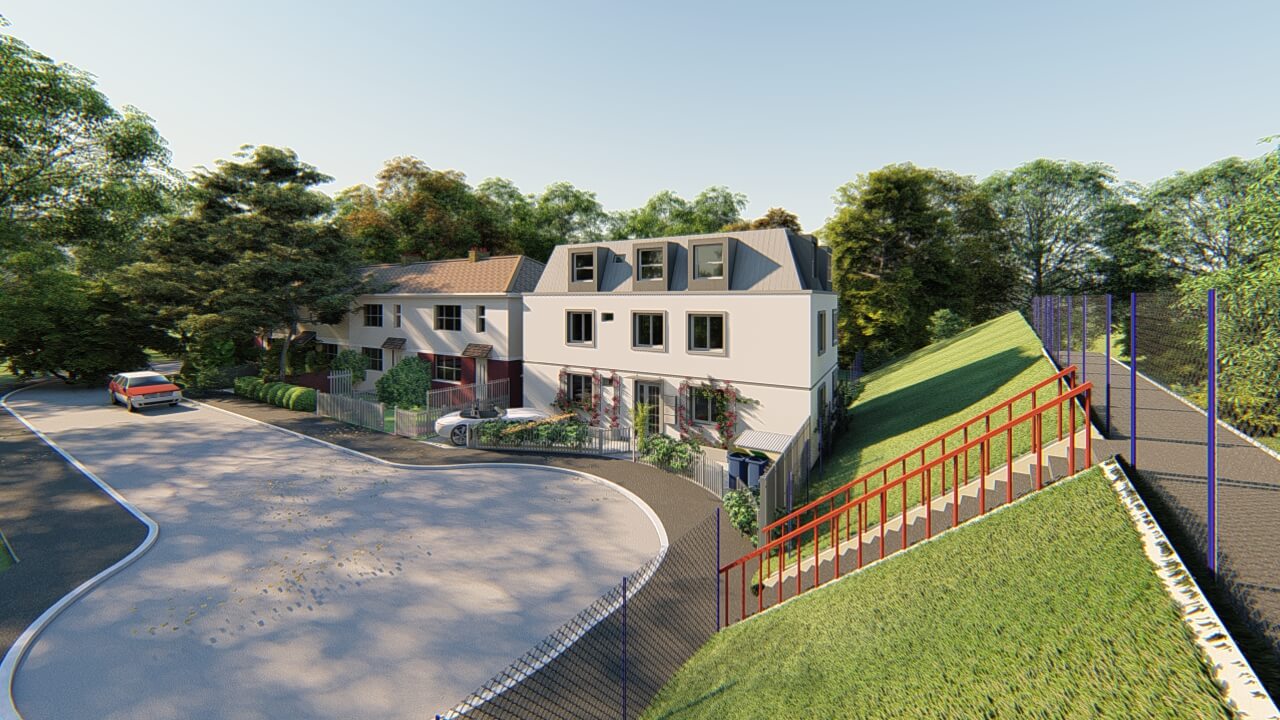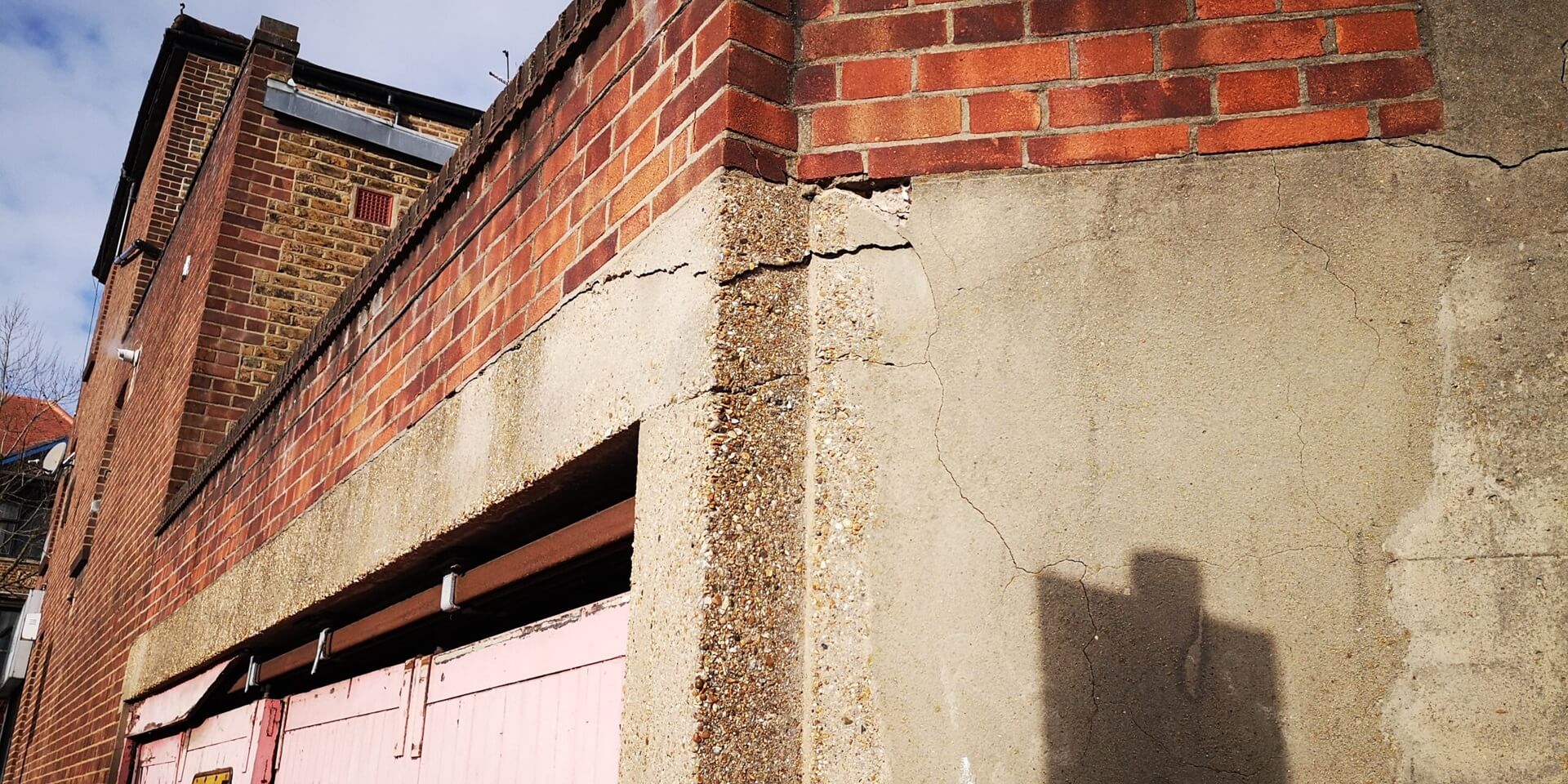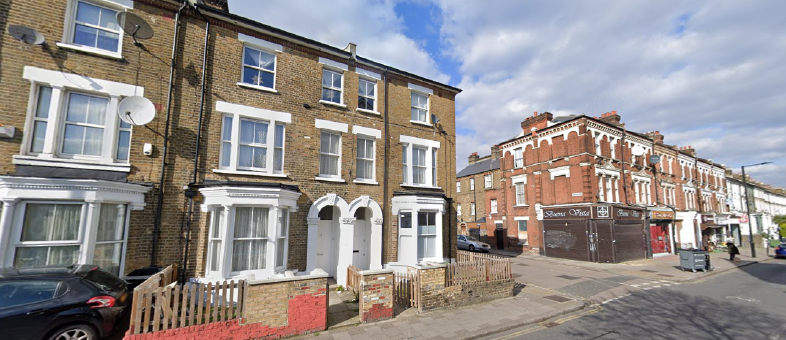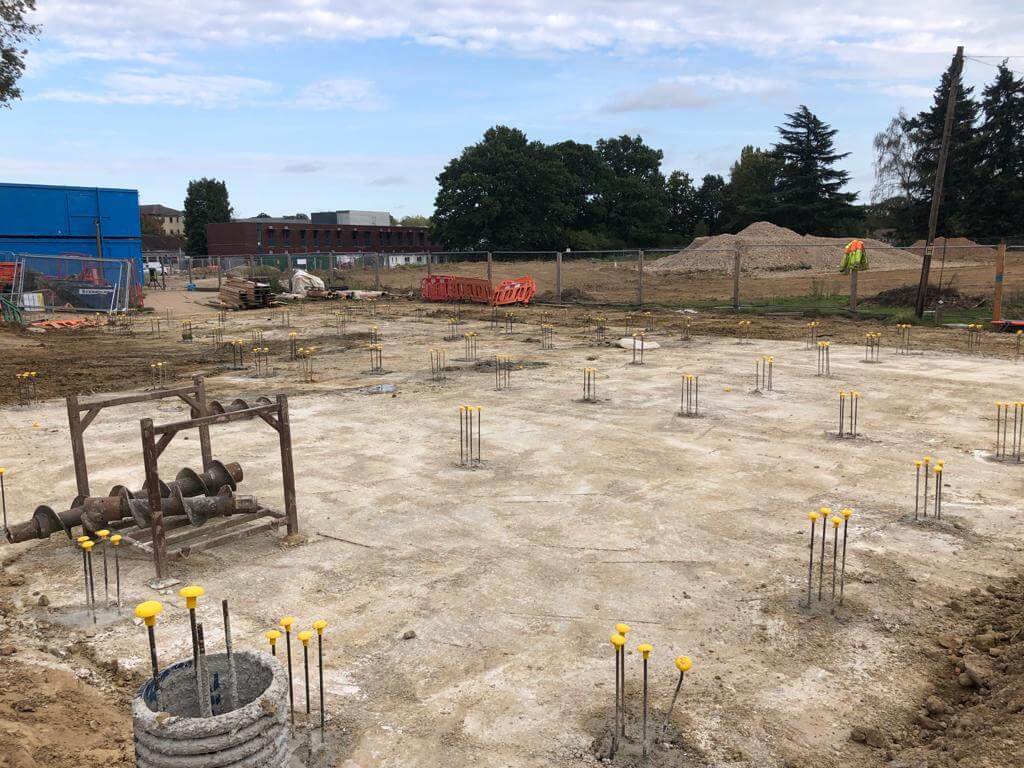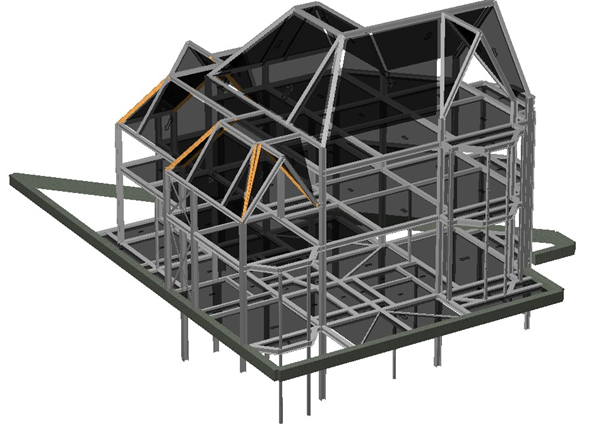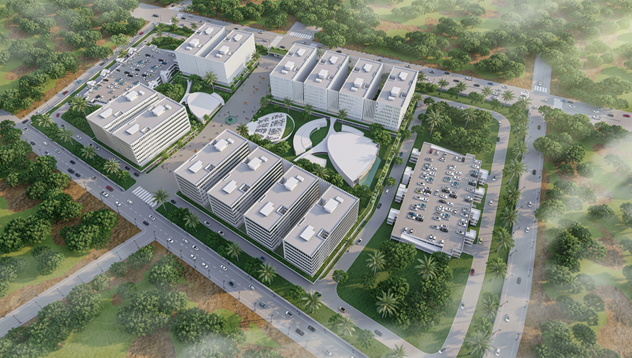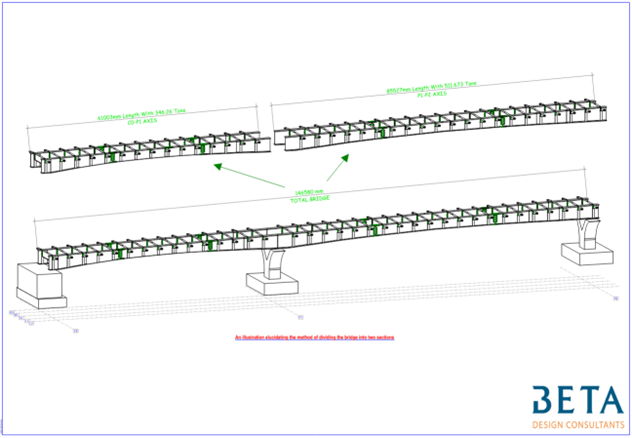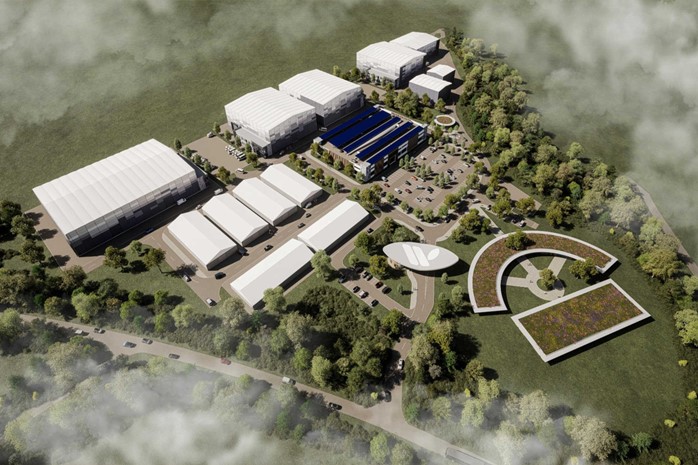Beta Design Consultants support their clients in providing geotechnical engineering services as well as structural engineering services related to the design of basements, consulting services related to deep excavations and underpinning schemes. Ground movement assessments in excavations and basements is a critical aspect of any construction project to ensure the stability and safety of the structures and surrounding environment.
When conducting a ground movement assessment, our consultants consider several factors including:
Soil Type and Properties:
The main factor in any excavation or basement development is the site conditions. Our assessments begin by evaluating the type of soil present at the excavation site. We refer to historical records, our own knowledge and experience of adjacent sites but always recommend a site-specific soil investigation. Different soil types have varying characteristics that influence their stability, such as cohesion, internal friction angle, permeability, and compressibility. Our consulting engineers would prepare the brief for soil investigation and then coordinate the excavation of trial pits, the drilling of boreholes, field testing and recovery of soil core samples for further laboratory testing. We then analyse the soil properties to determine how the soil may behave under the stress of excavation and basement construction.
Groundwater Conditions:
The level and presence of groundwater play a crucial role in ground movement. The behaviour of soils changes completely when they are wet or saturated. It is therefore crucial to establish water level and its seasonal variations and the likely impact of that on the soil. The assessment examines the level of the water table and its potential to affect the stability of the excavation. An increase or decrease in groundwater levels can impact the soil's strength and stability, leading to ground movement. Dewatering also affects the site and has an impact on adjacent sites that also need to be considered.
Proximity to Existing Structures:
The ground movement assessment considers the proximity of the excavation and basement to neighbouring buildings or structures. If the excavation is close to existing foundations, there is a potential risk of ground movement affecting those structures. Our consulting engineers assesses the potential impact and determines appropriate measures to mitigate any adverse effects. We also consider the likely impact and surcharge loading from such sites and taken them into account in our assessment.
Excavation Depth:
The depth of the excavation is an essential factor in ground movement assessment. Deeper excavations generally induce higher stresses on the surrounding soil, which can result in ground movement. Our consulting engineers evaluate the depth of the proposed basement and its potential impact on the stability of the surrounding ground.
Construction Techniques and Support Systems:
The ground movement assessment also takes into account the construction techniques and support systems planned for the basement. Various methods, such as retaining walls (sheet piles, embedded piled walls), underpinning, or ground anchors may be used to provide stability during excavation and prevent excessive ground movement. The assessment evaluates the effectiveness and suitability of the proposed support systems. The proposed sequence needs to be discussed and agreed with the contractor team to ensure alignment and site supervision is needed to ensure agreed measures are followed on site.
Monitoring and Mitigation Measures:
To ensure the safety of the excavation and surrounding areas, the assessment may recommend the installation of monitoring systems. These systems can detect any ground movement or changes in soil conditions during and after construction. Additionally, appropriate mitigation measures may be proposed, such as grouting, soil stabilization, or reinforcing techniques, to minimize the risk of ground movement.
Ground movement assessment is a specialized task that requires the expertise of geotechnical engineers. Our consulting geotechnical engineers will consider site-specific conditions, local regulations, and engineering principles to evaluate the potential risks and develop appropriate design and construction strategies to mitigate ground movement effects.


